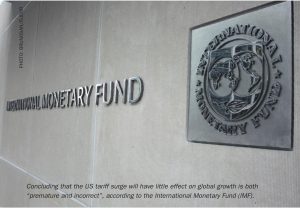
The year ahead – new geopolitical rules
We look ahead at fertilizer industry prospects for the next 12 months, and the key economic and agricultural drivers likely to shape the market.

We look ahead at fertilizer industry prospects for the next 12 months, and the key economic and agricultural drivers likely to shape the market.

Sustainability consultancy ERM has been has been tasked with developing a low-carbon roadmap for the potash and phosphate industry.

Does artificial intelligence (AI) really herald a revolution in fertilizer production and, if so, what are the practical examples of this?
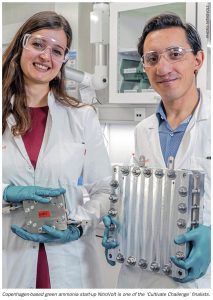
IFA has announced the finalists of its first-ever competition to find the next generation of innovative companies.
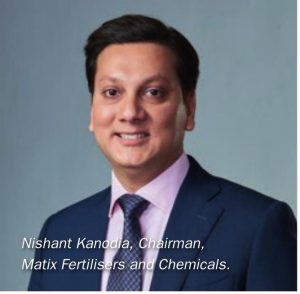
Nishant Kanodia , chairman of Matix Fertilisers and Chemicals Ltd, has been appointed to the board of directors of the International Fertilizer Association (IFA). The appointment was formalised at the IFA Annual Conference 2025 in Monaco, with the theme of ‘Investing in the Future of Food’. With approximately 500 members across more than 80 countries, IFA champions policy, innovation, and sustainable fertilizer practices that contribute to global food security.
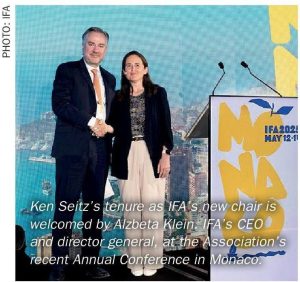
A summary of recent company appointments.
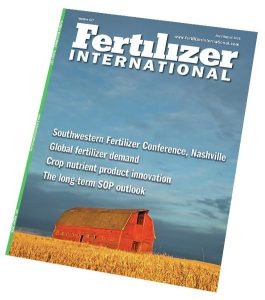
The International Fertilizer Association (IFA) released a new report on phosphogypsum (PG) in May, ahead of its Annual Conference in Monaco.

Alexandra Dorison of the International Fertilizer Association (IFA) highlights the successes and rapid progress to date of the Sustainable Fertilizer Academy (SFA).
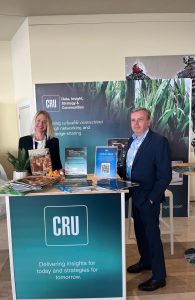
Selected highlights of the International Fertilizer Association’s Annual Conference in Monaco in mid-May.
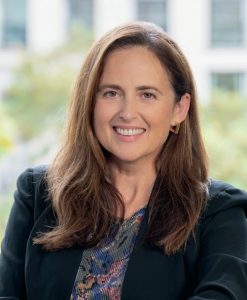
Alzbeta Klein, CEO and Director General of the International Fertilizer Association (IFA), sets the scene for IFA’s Annual Conference in Monaco, 12-14 May.